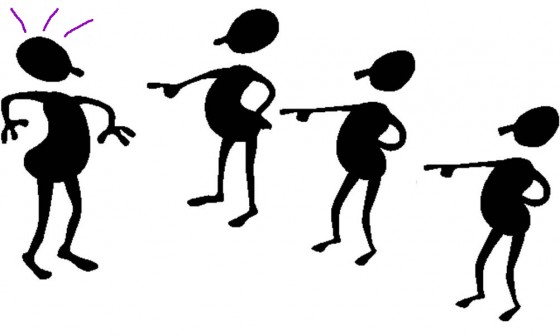Session 3 - January 27th
What are you curious about?
Faculty Focus- It is really cool! Sign up for the email blast: http://www.facultyfocus.com/
- Here is a link from the Cornell Center for Teaching Excellence that might help: http://cte.cornell.edu/teaching-ideas/engaging-students/index.html
- Time (and use!) will tell. Here is a resource from the University of Michigan: http://www.crlt.umich.edu/gsis/p2_5
- I believe our conversation on assessment will help!
- Here is an article that might help: http://nieonline.com/tbtimes/downloads/CCSS_reading.pdf
- We would hope that most of our objectives are at higher cognitive levels, here is a great handout to help with course objectives: http://www.depts.ttu.edu/opa/resources/docs/writing_learning_outcomes_handbook3.pdf
- Just because you are lecturing, does not mean you can not use different engaging strategies to allow students to apply content in some way. This resource from UNC-Charlotte might help: http://teaching.uncc.edu/learning-resources/articles-books/best-practice/large-classes/effective-instruction
- Here are some examples: http://w23.columbiaurbanag.org/columbiaurbanag/on-farm-education/lessons-and-activities/index.html
- Aren't we using interactive activities to help students learn? There is a difference between "teaching" and "providing info". If we just want to provide info, why not just give them a book or hyperlink?
- Here are five tips! http://www.facultyfocus.com/articles/effective-teaching-strategies/five-tips-for-wrapping-up-a-course/
What did you learn?
- Importance/value/Components of Learning Objectives
- Taxonomy of Cognitive Behavior (Bloom's)
- Elements of Lesson Plans
- Many professors fail to use the great tool of lesson plans!
- Mnemonic devices!
- Criterion = ho will students know they are successful!
- Action verbs are important.
What do you want to learn more about?
How will we select topics for workshops?- What do folks need/want to learn about? What could you read? Who could you ask? Here is Canvas Discussion Thread to use: https://psu.instructure.com/courses/1735974/discussion_topics/11309909
- Ahh...Session 4 will help with this! Assess, modify, apply, assess!
- Here is a link on improving lectures: http://www.facultyfocus.com/articles/effective-teaching-strategies/best-practices-improving-lectures/, but note...active learning has been evidenced to trump lectures, read here: http://www.facultyfocus.com/articles/teaching-professor-blog/more-evidence-that-active-learning-trumps-lecturing/
- Review our second session handouts on Google Drive!
- We generally believe that most individuals "learn by doing", thus in class we would like to provide opportunity for students to apply the concepts we are teaching both when we are available to correct (thus guided) and on their own (independent)
- Cognitive connect just means you are working to help your students build their internal schema by letting them know how this particular session connects to the previous session and the next session.
- It comes from experience! Until you do it once, it is often "best guess". In addition, sometimes classes move at different speeds!
- This is a great resource from Carnegie Mellon: https://www.cmu.edu/teaching/assessment/basics/alignment.html
- I have no idea.
- Think of your whole course objectives as broader larger goals. You break down those goals into manageable steps so they student can accomplish with specific lesson objectives. Example:
- Course Goal: Bake a Cake
- Lesson 1: Measuring Ingredients
- Obj 1: Using measuring cups
- etc













